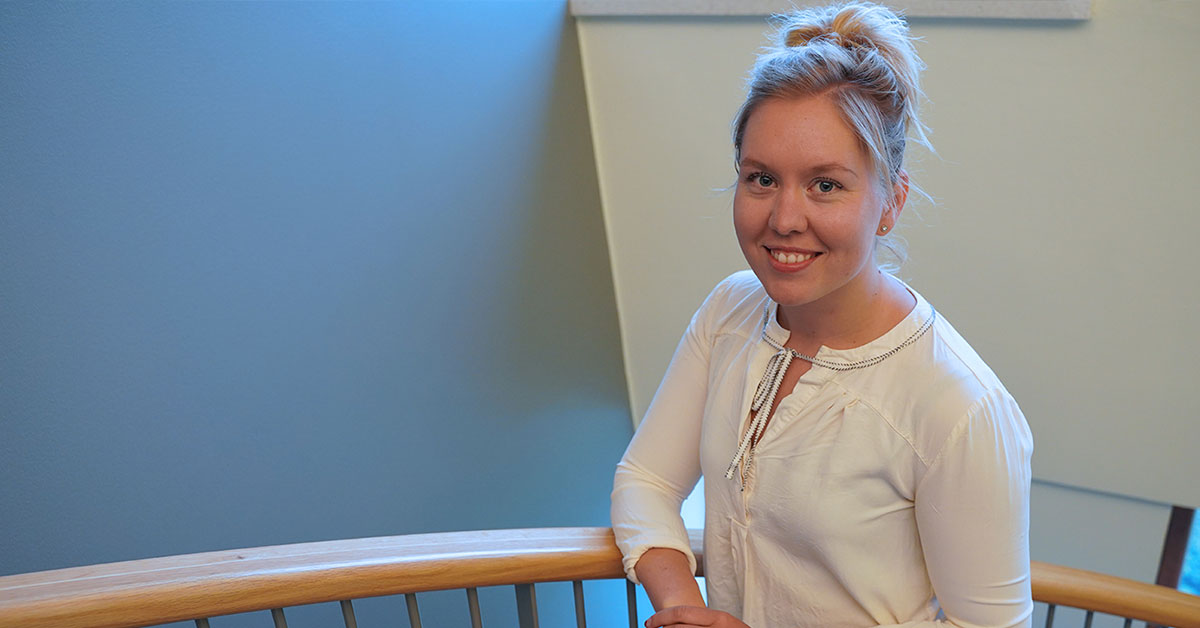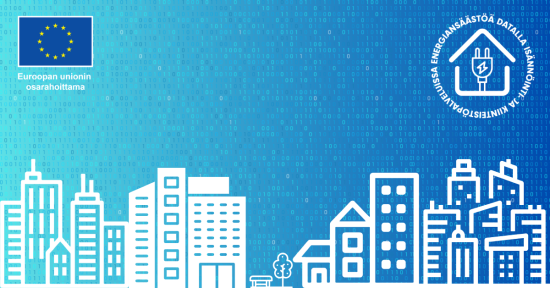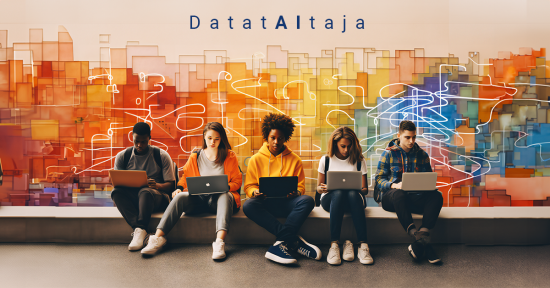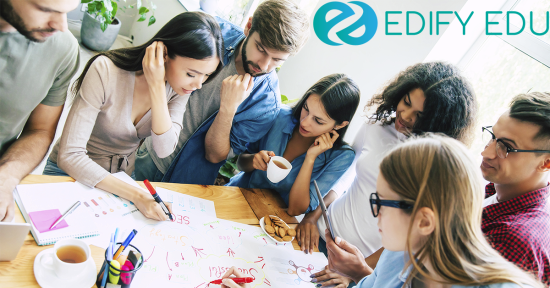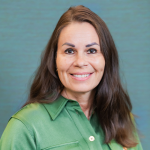Senior specialist Noora Lähde of the Ministry of Transport and Communications mentions execution of the EU data strategy and the digitalisation of logistics as topical tasks. For both tasks, ministry staff need a broad network and collaboration with businesses, research organisations and public authorities.
“Legislators must consider the starting points and needs of different actors in society, to ensure that regulations move development in the right direction. TIEKE’s networking events enable the exchange of ideas with key stakeholder groups.”
When there is a need to share information on digitalisation processes and increase knowledge, Lähde believes that TIEKE can be used to spread the message.
“While creating an equal society for as many actors as possible, we need to understand the opportunities and challenges related to issues such as big data, artificial intelligence, the Internet of Things and application interfaces. At the ministry, we don’t always have such deep knowledge, but find it through partners such as TIEKE,” Lähde explains.
Influencer
In addition to bringing different actors together, Lähde views influencing attitudes as a key opportunity for TIEKE. For example, using new technology to make logistics processes smoother would be challenging if businesses or border control authorities insisted on sticking with hard-copy documentation.
“Accepting new technology and changing operating practices requires verification of the efficiency benefits of digital solutions in activities such as border crossing and the optimisation and tracking of shipments. TIEKE can raise awareness of such issues by participating in various surveys and projects, and communicating their results.”
Lähde says that information is the best way of influencing attitudes.
To make the benefits visible, we need information about the impact of digitalisation on the environment and economy.
Noora Lähde
Lähde mentions traffic automation in her own field of administration.
“This, too, is a multi-faceted issue that must be studied from the perspectives of driverless vehicles, as well as intelligent steering and digital infrastructure. How and where does automation best serve emission reduction goals and smooth transportation from one place to another? By seeking answers to these questions in networks like TIEKE, we can influence decision-making and practical implementations.”
Accelerator
In TIEKE’s networks, Lähde feels that she is part of a community whose goal is to make Finland an even more competitive and functional part of the global system.
“In TIEKE’s events and projects, the public and private sector meet and exchange ideas. Various skills, content and goals form the basis of viewpoints that support decision-making and provide answers to questions about the future.”
Lähde refers to a roadmap, based on the government programme, whose goal is non-fossil-based traffic in Finland by 2045, and a parliamentary workgroup whose task is to draft a 12-year plan to ensure the sustainability of Finnish traffic policy.
“Such frameworks, which affect issues such as the kind of projects the government will fund, can be built faster the more efficiently and thoroughly we form a common target level, future scenarios and actions, and participate in studies and experiments.”
“Together, within the TIEKE networks, we can accelerate progress towards an emission-free future in various sectors of society,” Lähde summarises.
The Ministry of Transport and Communications
- Is responsible for ensuring well-working transport connections and prepares legislation related to its own field.
- Is responsible for the budgeted finances of its own field of administration.
- Is responsible for the national preparation and monitoring of the EU’s transport and communication-related issues.
- Operates on international forums. Particularly active collaboration in the EU countries as well as the Nordic countries, Russia and the Baltic states.
- Directs the operation of bureaus and institutions within its field of administration and monitors their development (Traficom, the Finnish Transport Infrastructure Agency and the Finnish Meteorological Institute).
- Companies under the ministry’s corporate governance include Traffic Management Finland Oy and Cinia Oy.
- Yleisradio Oy is also part of the administrative field of the Ministry of Transport and Communications.
Source: www.lvm.fi
Forthcoming digitalisation strategy for logistics
The project involves preparation of a digitalisation strategy for logistics that defines the vision, goals and actions for strengthening and promoting digitalisation development in logistics. The strategy is scheduled for completion in September 2020.
The Ministry of Transport and Communications is a member of TIEKE.
MEMBERS ARE TIEKE’S STRENGTH
Our membership comprehensively represents key operators in the development of the information society: businesses, public administration organisations, educational institutions and associations.
TIEKE’S MEMBER ORGANISATIONS
- highlight various perspectives on the basis of which we, as an independent operator, can build a common direction.
- share their experiences, so that we can encourage others to take steps in the same direction.
The article was originally published in Finnish in TIEKE’s magazine Tiedosta 1/2020. Translation: Transfluent.

